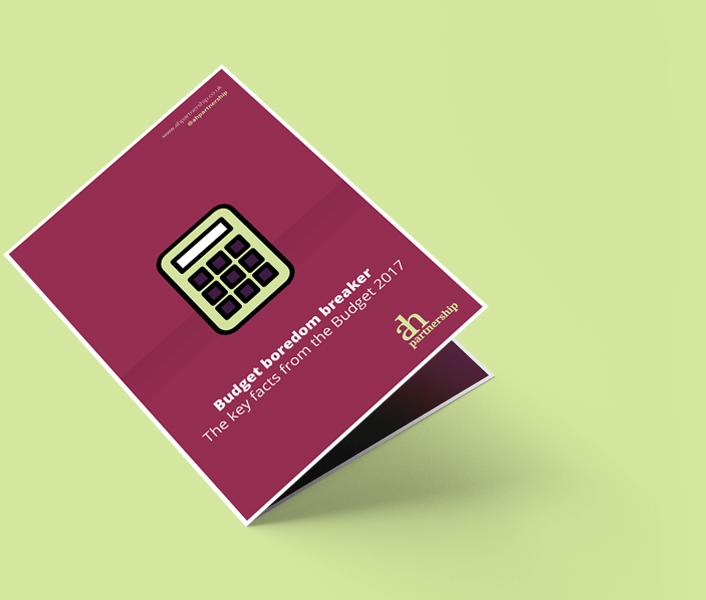
Mature business
(and audit clients)
“Our pedigree and track record keeps us doing what we do best.”
“Our pedigree and track record keeps us doing what we do best.”
Private limited companies and limited liability partnerships [LLPs] that are classified as ‘non-small’ under The Companies Act 2006, require not only to prepare formal statutory accounts for the shareholders/members, but also to have a statutory audit of those accounts.
A ‘non-small’ company is, generally, one where 2 of the following 3 limits are exceeded:
> Turnover – more than £10.2 million
> Balance sheet total – more than £5.1 million
> Number of employees – more than 50
These companies must prepare their statutory accounts in line with the full provisions of Accounting Standard FRS 102. Small companies are able to utilise the reduced disclosures in FRS 102, section 1A.
A statutory audit is an independent check of the full accounts (income statement; statement of financial position; strategic and directors report,; and the notes to the accounts), with an opinion on compliance given by the Auditor.
Statutory audits in the UK must be undertaken by a Registered Auditor, and comply with the International Standards on Auditing (UK and Ireland). Not all firms of accountants are also a Registered Audit Firm. If you are likely to require a statutory audit, check that the firm you are appointing is legally registered to perform the work.

‘The big player’
Mature business
(and audit clients)
“Our pedigree and track record keeps us doing what we do best.”
Private limited companies and limited liability partnerships [LLPs] that are classified as ‘non-small’ under The Companies Act 2006, require not only to prepare formal statutory accounts for the shareholders/members, but also to have a statutory audit of those accounts.
A ‘non-small’ company is, generally, one where 2 of the following 3 limits are exceeded:
> Turnover – more than £10.2 million
> Balance sheet total – more than £5.1 million
> Number of employees – more than 50
These companies must prepare their statutory accounts in line with the full provisions of Accounting Standard FRS 102. Small companies are able to utilise the reduced disclosures in FRS 102, section 1A.
A statutory audit is an independent check of the full accounts (income statement; statement of financial position; strategic and directors report,; and the notes to the accounts), with an opinion on compliance given by the Auditor.
Statutory audits in the UK must be undertaken by a Registered Auditor, and comply with the International Standards on Auditing (UK and Ireland). Not all firms of accountants are also a Registered Audit Firm. If you are likely to require a statutory audit, check that the firm you are appointing is legally registered to perform the work.
Don’t miss the details:
Be aware of changes to rules and deadlines – just because you have done something one way in the past, does not mean you will be compliant if the rules or regulations change.
Don’t get comfortable – it is easier for a business to shrink than it is to grow. You may find new work is required just to protect an established business.
Understand your business – costs change – for example, just because you have always used a particular supplier, doesn’t mean that there are not better or cheaper suppliers out there.
Watch cashflow – ensure the business has enough resources to meet its obligations.
Don’t be afraid to ask questions – things change, and you need to know if a change will affect you.
Budget boredom breaker – The key fact from the Budget 2017
This Summary covers the key tax changes announced in the Chancellor’s speech and includes tables of the main rates and allowances.

